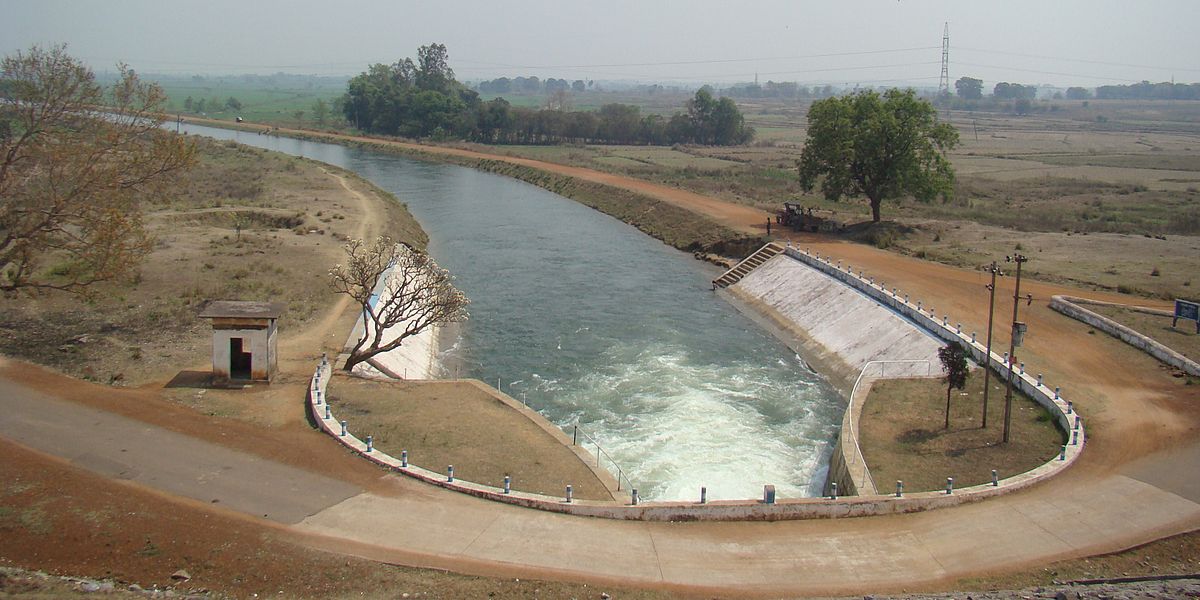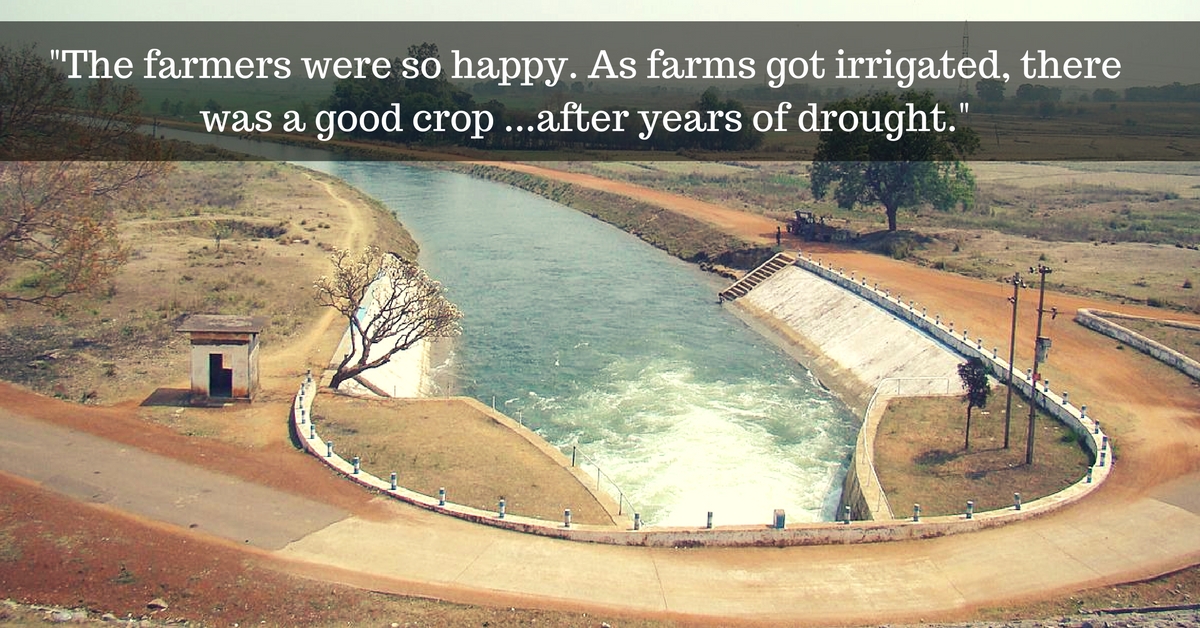Anil Joshi, an Ayurvedic doctor turned water conservationist, has helped many of his patients, including farmers affected by prolonged droughts, by building 11 check dams across rivers and nullahs within a 10 km radius of Fatehgarh, Madhya Pradesh.
He first moved to Fatehgarh in 1998, where he encountered many patients who were unable to even pay treatment fees because of their poor financial condition.

Image for representation only. Source: By AkkiDa (talk) / Akkida at English Wikipedia – Own work (Original text: I (AkkiDa (talk)) created this work entirely by myself.)Transferred from en.wikipedia to Commons by MathewTownsend.., Public Domain, Link

He saw that good harvests were often followed by years of drought, leaving the farmers in a condition where they had to live hand-to-mouth.
In 2008, Anil saw how farmers were badly affected because the failure of the monsoon greatly affected their crop yield. He proposed that they build check dams, which help rainwater percolate into the ground, hence increasing the groundwater level.
Despite jibes about being too ambitious, Anil was unstoppable in his resolve to improve the lives of the farmers. He borrowed around 1,000 empty cement sacks from a friend, which he filled with sand. He placed all these sandbags in a row across Somli river, with the help of volunteers.
When it rained 15 days later, there was water in the check dams and the dry hand pumps started supplying water again. He told The Weekend Leader, “The farmers were so happy. As farms got irrigated there was a good crop that year after years of drought.”
On seeing how one temporary check dam could greatly alleviate the condition of some poor farmers, Anil realised that constructing many more permanent dams could change the status of the entire drought-ridden village.
In 2010, he began collecting a rupee from each villager to construct a permanent check dam across Somli. He was able to collect Rs.36 within the first three hours and the next day he managed to collect Rs. 120. But some sceptical villagers also began questioning his motive behind raising money.
After the reporter of an established Hindi daily wrote about Joshi’s work, his project was able to gather some momentum and two teachers, Sundarlal Prajapat and Omprakash Mehta, wholeheartedly extended their support to this project.
Within three months, this dedicated troupe of water warriors managed to raise Rs. 1 lakh for building a permanent check dam. The villagers volunteered to provide free labour and the dam was constructed for Rs. 92,000.
After helping build 11 such dams across Fatehgarh, Anil now intends to increase the number of these permanent check dams to 100. He told The Weekend Leader, “Constructing check dams by collecting one rupee from each person in a drought stricken village has now become my mission and I will make this effort a continuous process.”
Apart from this work, he also wishes to plant trees along the 120 km road to Sawaliya Dham that pilgrims use for visiting the Krishna temple.
Like this story? Or have something to share? Write to us: contact@thebetterindia.com, or connect with us on Facebook and Twitter.
NEW: Click here to get positive news on Whatsapp!
If you found our stories insightful, informative, or even just enjoyable, we invite you to consider making a voluntary payment to support the work we do at The Better India. Your contribution helps us continue producing quality content that educates, inspires, and drives positive change.
Choose one of the payment options below for your contribution-
By paying for the stories you value, you directly contribute to sustaining our efforts focused on making a difference in the world. Together, let's ensure that impactful stories continue to be told and shared, enriching lives and communities alike.
Thank you for your support. Here are some frequently asked questions you might find helpful to know why you are contributing?

